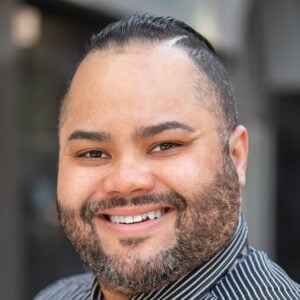About RevCore Recovery Center – Queens – Jackson Heights
RevCore Recovery Center – Queens is an individual and group practice helping those struggling with drug addiction and mental health within the Jackson Heights community in New York. The facility puts its emphasis on treatment customization, which allows staff to provide the care that clients need based on mental health and addiction diagnostics.
The programs they provide for mental health are tailored to those suffering from such things as anxiety, depression and trauma related disorders. RevCore is concerned with the whole person, providing therapies to address emotional well being and practical life skills. Licensed therapists then help clients work through the root causes of their struggles and provide them with strategies they can use once outside the office. Such an approach is specialized to each person and helps them not only tackle their major issues but also fosters healthy learning of how they should manage their mental health post treatment.
The substance abuse disorder treatment program at RevCore Recovery is just as robust. The center also provides various levels of evidence based treatment for those at differing points in recovery. They offer personal and group therapy that helps create a sense of community as well as accountability, which are vital for long term recovery. The treatment programs at RevCore incorporate cognitive behavioral therapy (CBT) and motivational interviewing so patients understand why their behaviors have become problematic and how to change them with gained insight.
One thing that makes the facility stand out is its emphasis on getting at the root of co-occurring disorders. Their dual diagnosis program works on targeting both mental health and substance use disorders at once, giving hope for long term recovery. A failure to address mental health issues will only cause clients more problems, so RevCore ensures their substance use treatment efforts are fruitful by providing this dual approach.
What is helpful about the programs here is that they have embraced a model that can be carried out in an outpatient setting and allows participants to maintain many of their daily responsibilities. This is especially critical for people who work or have children but require comprehensive supervision.









